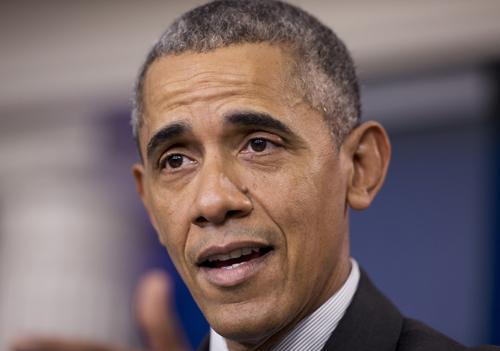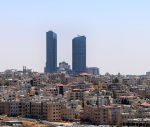You are here
British FM welcomes 'progress' in Yemen peace talks
By AFP - May 29,2016 - Last updated at May 29,2016
JEDDAH — British Foreign Secretary Philip Hammond on Sunday welcomed "progress" in Yemen peace talks, saying a solution to the conflict in the battered Arabian Peninsula country must be political, not military.
Speaking in Saudi Arabia at the start of a three-day visit to Gulf monarchies, Hammond also said world powers will not "turn a blind eye" to attempts by Iran to destabilise the region.
"In Yemen, progress is being made and we recognise the efforts of the Gulf states, and I have to give particular thanks to Kuwait for hosting the peace negotiations," Hammond told a news conference in Jeddah.
"All of us must continue to work towards a settlement," he told reporters, flanked by Saudi Foreign Minister Adel Al Jubeir.
"There is no military alternative to a political settlement in Yemen and there is now a need to win the peace particularly by helping Yemen with stabilisation and humanitarian aid," Hammond said.
His comments come days after the UN special envoy to Yemen, Ismail Ould Cheikh Ahmed, also spoke about progress in the five-week-old talks under way in Kuwait between the Yemeni government and Iran-backed Shiite Houthi rebels and their allies.
"The discussions have become more sensitive and delicate bringing us closer to a comprehensive agreement," the UN envoy said on Wednesday.
The apparent progress comes after Foreign Minister Abdulmalek Al Mikhlafi said on Monday that the government stood ready to make concessions for the sake of peace.
Despite a 14-month-old Saudi-led military intervention in support the government, the rebels and their allies still control many of Yemen's most populous regions, including the capital Sanaa.
Hammond said he was reassuring his Gulf counterparts that world powers are closely monitoring Iran in the wake of last year's nuclear deal which paved the way for a partial lifting of sanctions.
"Just because we've made an agreement with Iran on its nuclear programme does not mean that we will turn a blind eye to Iran's continuing attempts to destabilise the region or to its ballistic missiles programme which remains a serious threat to peace and which breaches UN resolutions," Hammond said.
Jubeir, whose country is Iran's regional rival, said: "We supported that agreement so long as we were assured that Iran will not be able to acquire a nuclear capability.
"They are, after all, a neighbour and we will have to live with them. But it's difficult to live with a neighbour whose objective is to destroy you: that's why the relation with Iran is not what it should be."
Related Articles
JEDDAH — The world's largest Muslim body has backed Saudi Arabia in its weeks-long diplomatic spat with Iran, accusing Tehran of backing ter
US President Barack Obama will welcome the six leaders of the Gulf Cooperation Council kingdoms in mid-May for talks on Iran's nuclear programme and the conflicts in Yemen, Iraq and Syria.
RIYADH/WASHINGTON/KUWAIT — President Barack Obama travels to Saudi Arabia on Wednesday with a familiar message: the United States will

















